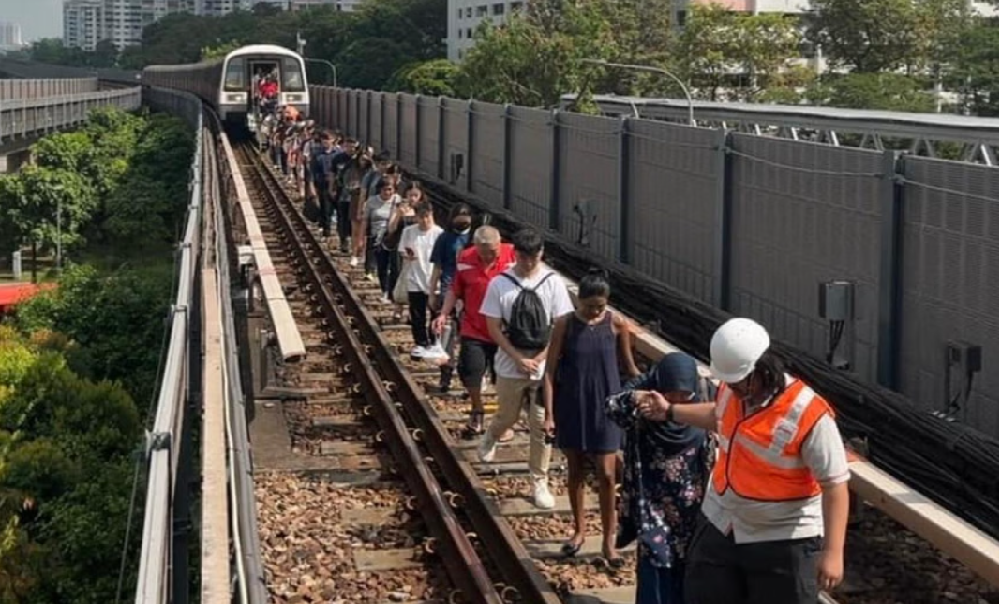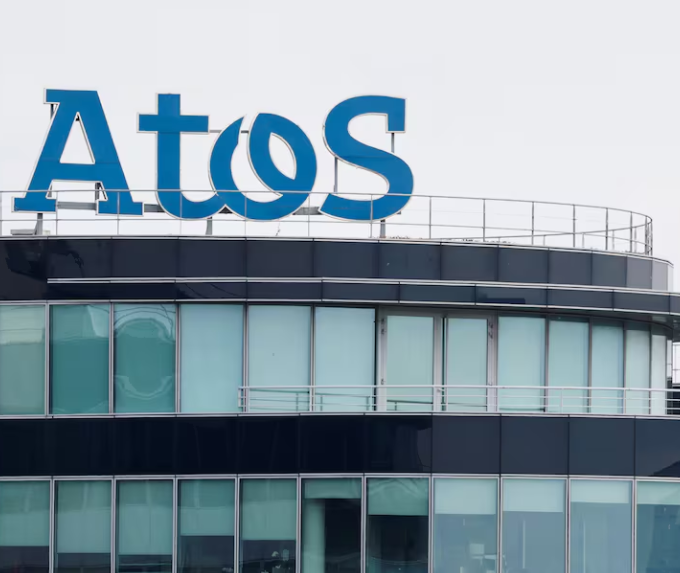- Home
- Billionaires
- Investing Newsletters
- 193CC 1000
- Article Layout 2
- Article Layout 3
- Article Layout 4
- Article Layout 5
- Article Layout 6
- Article Layout 7
- Article Layout 8
- Article Layout 9
- Article Layout 10
- Article Layout 11
- Article Layout 12
- Article Layout 13
- Article Layout 14
- Article Sidebar
- Post Format
- pages
- Archive Layouts
- Post Gallery
- Post Video Background
- Post Review
- Sponsored Post
- Leadership
- Business
- Money
- Small Business
- Innovation
- Shop
Recent Posts
Multiple Train Disruptions Hit Singapore’s Rail Network in Early 2025, Raising Reliability Concerns

The Singapore Mass Rapid Transit (SMRT) network has experienced a series of disruptions in early January 2025, with the latest incident affecting the North-South Line during evening peak hours on January 10th. This follows three separate disruptions on the Thomson-East Coast Line (TEL) that occurred within a week between late December 2024 and early January 2025.
The most recent disruption on the North-South Line caused delays between Marina South Pier and Bishan stations during the evening rush hour. SMRT engineers worked to remove the stalled train and progressively restore services to minimize impact on commuters.
The TEL disruptions, which occurred on December 27, December 29, and January 2, were caused by different technical issues. The first incident involved a signaling fault that forced multiple trains to operate under manual control at reduced speeds of 18kph. The second disruption was attributed to intermittent brake faults on a departing train, while the third incident occurred when a train approaching Orchard station triggered its emergency brake system.
SMRT, the Land Transport Authority (LTA), and French train maker Alstom are currently conducting thorough investigations into these incidents. Preliminary findings suggest that the December 29 disruption may have been caused by a component fault within the train. Despite these issues, train services continued to operate in both directions, though commuters were advised to plan for additional travel time of 10 to 15 minutes.
These recent disruptions come in the wake of a major incident on the East-West Line that occurred in September 2024, which was one of the longest service disruptions in Singapore’s railway history. That incident, caused by a train derailment, affected approximately 2.1 million passengers and required extensive repairs to damaged track segments.
The frequency of these disruptions has sparked discussions about the reliability of Singapore’s rail network. However, data shows that Singapore’s MRT system has significantly improved its reliability over the past decade and now outperforms some other major Asian metro systems in terms of mean kilometers between failure (MKBF).
To address peak hour congestion, LTA has announced an expansion of the Travel Smart Journeys (TSJ) initiative starting January 2, 2025. The program will provide enhanced incentives for commuters in the north-east region to adjust their morning commute times outside peak periods.
SMRT maintains that ensuring commuter safety remains their top priority while working to minimize service disruptions. The organization continues to implement various measures to improve system reliability and respond quickly to technical issues when they arise
- brake system
- commuter delays
- commuter experience
- commuter satisfaction
- emergency protocols
- Emergency Response
- engineering maintenance
- Land Transport Authority
- maintenance protocols
- manual operation
- mass transit
- North-South Line
- Operational Efficiency
- passenger comfort
- passenger evacuation
- Passenger Safety
- peak hour travel
- public service
- public transit
- public transportation
- rail infrastructure
- rail maintenance
- rail network
- rail operations
- rail reliability
- rail safety
- rail technology
- railway engineering
- service disruption
- service recovery
- service restoration
- signaling fault
- Singapore MRT
- SMRT disruption
- system maintenance
- system upgrade
- technical fault
- Thomson-East Coast Line
- train delays
- train fault
- train maintenance
- train service
- train system
- transport efficiency
- transport infrastructure
- transport management
- transport network
- transport planning
- transport reliability
- transport solutions
- transport technology
- urban mobility
- Urban planning
- urban transportation
Recent Posts
Categories
- 193 Countries Consortium Partner1
- 193cc Digital Assets2
- 5G1
- Aerospace & Defense48
- AI37
- Arts3
- Banking & Insurance11
- Big Data3
- Billionaires1,467
- Boats & Planes1
- Business332
- Careers13
- Cars & Bikes79
- CEO Network1
- CFO Network17
- CHRO Network1
- CIO Network1
- Cloud10
- CMO Network18
- Commercial Real Estate7
- Consultant1
- Consumer Tech194
- CxO1
- Cybersecurity73
- Dining1
- Diversity, Equity & Inclusion4
- Education7
- Energy8
- Enterprise Tech29
- Events11
- Fintech1
- Food & Drink2
- Franchises1
- Freelance1
- Future Of Work2
- Games149
- GIG1
- Healthcare79
- Hollywood & Entertainment203
- Houses1
- India’s 1000 Richest1
- Innovation46
- Investing2
- Investing Newsletters4
- Leadership65
- Lifestyle11
- Manufacturing1
- Markets20
- Media327
- Mobile phone1
- Money13
- Personal Finance2
- Policy569
- Real Estate1
- Research6
- Retail1
- Retirement1
- Small Business1
- SportsMoney42
- Style & Beauty1
- Success Income1
- Taxes2
- Travel10
- Uncategorized14
- Vices1
- Watches & Jewelry2
- world's billionaires1,436
- Worlds Richest Self-Made Women2
Related Articles
Atos Surpasses 2024 Liquidity Targets with €2.19 Billion Year-End Position, Marking Strong Financial Recovery
French IT giant Atos SE has announced its estimated liquidity position for...
By 193cc Agency CouncilJanuary 22, 2025Innovative Gaming Meets Sustainability: Cranfield School’s “Game of Life” Wins Prestigious FT Teaching Award
In a significant recognition of innovative educational approaches, Cranfield School of Management...
By 193cc Agency CouncilJanuary 22, 2025Bitcoin Shatters Records, Surges Past $109,000 as Trump’s Inauguration Fuels Crypto Rally
In a historic moment for the cryptocurrency market, Bitcoin reached an unprecedented...
By 193cc Agency CouncilJanuary 20, 2025Billions in Child Trust Funds Remain Unclaimed as Young Adults Miss Out on Financial Windfall
A staggering £1.4 billion in Child Trust Funds (CTFs) remains unclaimed, with...
By 193cc Agency CouncilJanuary 20, 2025















Leave a comment